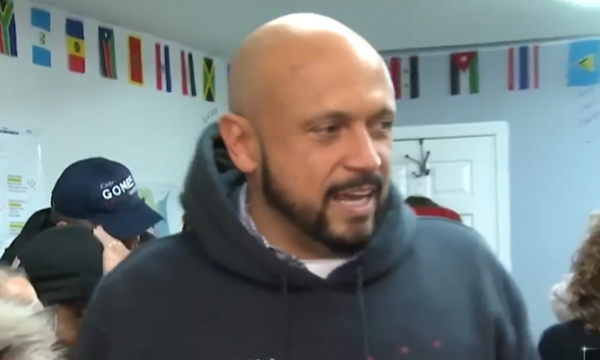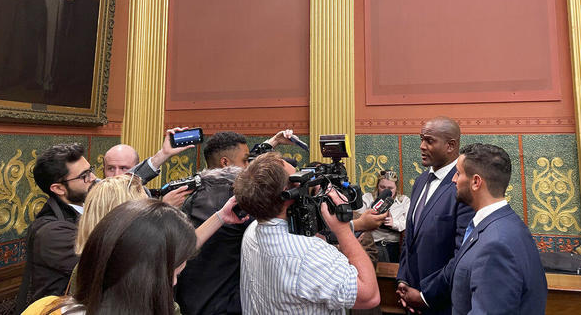Many States Rebel As Federal Net Neutrality Law Expires
Which do you support: an “open Internet” or “Internet freedom”?
It’s not an idle question. In 2010, in the wake of reports that Comcast had silently throttled – or in some cases altogether blocked – online traffic carried under a particular high-speed Internet protocol, the Federal Communications Commission (FCC) adopted strict rules to prevent carriers from discriminating among different classes of data. Under the principle of “net neutrality,” the Open Internet Order prohibited Internet service providers (ISPs) from blocking content or creating faster “priority lanes” for some companies but not others. The FCC strengthened those rules in 2015.
Two years later, the FCC reversed itself. President Trump’s appointment of Ajit Pai as chairman tipped the partisan balance on the five-member FCC board. By January it jettisoned the “open Internet” and replaced it with what it called the Restoring Internet Freedom Order, which took effect today. The commission’s new Republican majority argues that market forces will lead to better Internet services if the U.S. stops regulating ISPs like utilities.
More than two-thirds of the states, however, don’t want to let the FCC have the last word. Six governors have signed executive orders undermining the FCC’s policy within their states’ borders. Across the nation, 22 attorneys general have collectively filed a “petition for review” in the U.S. Court of Appeals, while legislators in 29 states have filed bills to reintroduce the concept of net neutrality at the state level. Already, 3 of these states – Washington, Oregon and Vermont – have enacted such legislation, while bills remain pending in 13 others.
There’s a catch. Anticipating such pushback, the FCC inserted language in its order that claims to pre-empt states from re-regulating the Internet on a state-by-state basis. As more states call the FCC’s bluff, the issue will almost certainly be decided instead in court.
The state executive orders generally take the approach of boycotting ISPs that do not contractually agree to net neutrality within the state. Montana’s, for example, is typical; it restricts state telecommunications contracts to companies that do not “throttle, impair or degrade” lawful Internet traffic or “engage in paid prioritization.”
Some state legislation takes the same approach. Vermont’s S. 289, which was signed into law on May 22 by Republican Gov. Phil Scott, creates a “certificate of net neutrality compliance” and tasks a new Agency of Digital Services with enforcing its provisions with all government Internet vendors. Other bills attempt to go further. California’s SB 822, which passed the Senate on May 30 and is now before the Assembly, would likewise prohibit any “public entity” from purchasing Internet access from providers that are not net-neutral, but it would also bar ISPs generally from “directly or indirectly favoring, disadvantaging, or discriminating between lawful Internet traffic.” Washington’s HB 2282, which is already in effect, is a straight consumer-protection law setting standards for broadband Internet service generally.
A showdown seems inevitable. Whatever the courts rule, the public seems to be making its choice clear, and not on a partisan basis. An IPSOS poll in February of voters in six states found that voters support net neutrality by a 3-1 margin.


